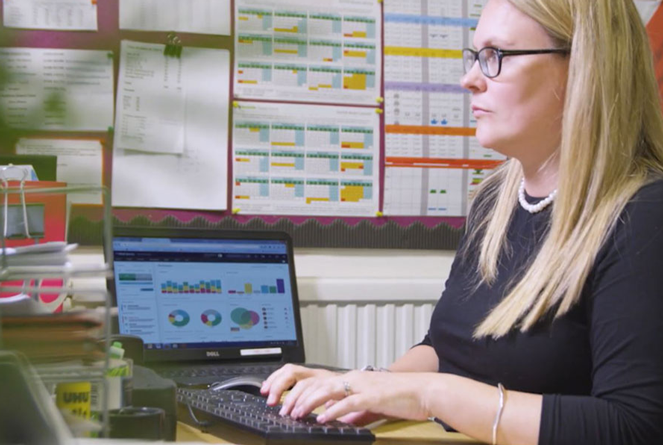Requirement for criminal records checks
The processing of DBS checks is standard business for schools with virtually all posts being exempt from the Rehabilitation of Offender Act, enabling enhanced DBS checks to be sought. In this article we explore the impact of the new filtering rules and the procedures required when dealing with those with a criminal record.
Filtering of criminal history
Filtering is the term used to describe the process that identifies which criminal records will be disclosed on a Standard or Enhanced DBS certificate. Following the introduction of filtering of criminal information (on 29th May 2013), standard and enhanced DBS Certificates no longer automatically contain information about certain old or minor offences (these are known as “protected” offences). A further Court Case last year, saw additional filtering rules introduced from 28th November 2020 such that warnings, reprimands and youth cautions will no longer be automatically disclosed on a DBS certificate. In addition the multiple conviction rule has been removed, meaning that if an individual has more than one conviction, regardless of offence type or time passed, each conviction will be considered against the remaining rules individually, rather than all being automatically disclosed.
What does this mean for schools ? Filtering for DBS Certificates is a matter for the Police but if you use self-declarations, in advance of obtaining a DBS Check, you must be careful to disregard any declarations that would be filtered. This can be complex and you can find detailed information on filtering here.
Of course the important thing to remember is that there are certain offences which will never be filtered. These are known as specified offences and are usually of a serious violent or sexual nature, or are relevant for safeguarding children and vulnerable adults.
Procedures for dealing with ‘positive’ checks
In our safeguarding training, when we ask delegates whether they would employ people with certain convictions, we usually get a blanket “no”. Such a fixed and general position is potentially unlawful. Where a person makes a declaration or a conviction is recorded on the DBS, employers must manage these in accordance with the DBS Code of Practice and the Rehabilitation of Offenders Act. Indeed schools are required to have a policy on how they will manage criminal convictions – this can be part of the Recruitment Policy. The requirement is that each individual record is considered taking into account:
- The relevance in the context of the specific role.
- The seriousness/level of the disclosed information e.g. was it a caution or a conviction.
- How long ago it occurred.
- Whether it was a one-off incident or part of a repeat history/pattern.
- The circumstances of the offence(s) being committed and any changes in the applicant’s personal circumstances since then.
- The country where the offence/caution occurred.
- Whether the individual shows or has shown genuine remorse.
It can be a difficult decision to make and your HR advisors will be able to assist you in working through a sound assessment. Ultimately it is a judgement call and as long as the decision is fair and reasonable in the light of the information available and the considerations listed above, it is likely to be safe to refuse employment.
Records
While it is recommended that you document your decision making for example by completing a risk assessment, bear in mind that you must not keep records of an individual’s criminal offences. DBS Certificates must not be retained for more than 6 months, and should be destroyed, along with any self-declaration, once the employment decision is made.


/Primary%20school%20.jpg?width=2000&name=Primary%20school%20.jpg)








.png?width=940&height=788&name=Lingfield%20College%20Case%20Study%20(5).png)
-1.png?width=1000&height=833&name=National%20Association%20of%20Head%20Teachers%20(3)-1.png)
-3.png?width=1080&height=1080&name=Untitled%20design%20(10)-3.png)







